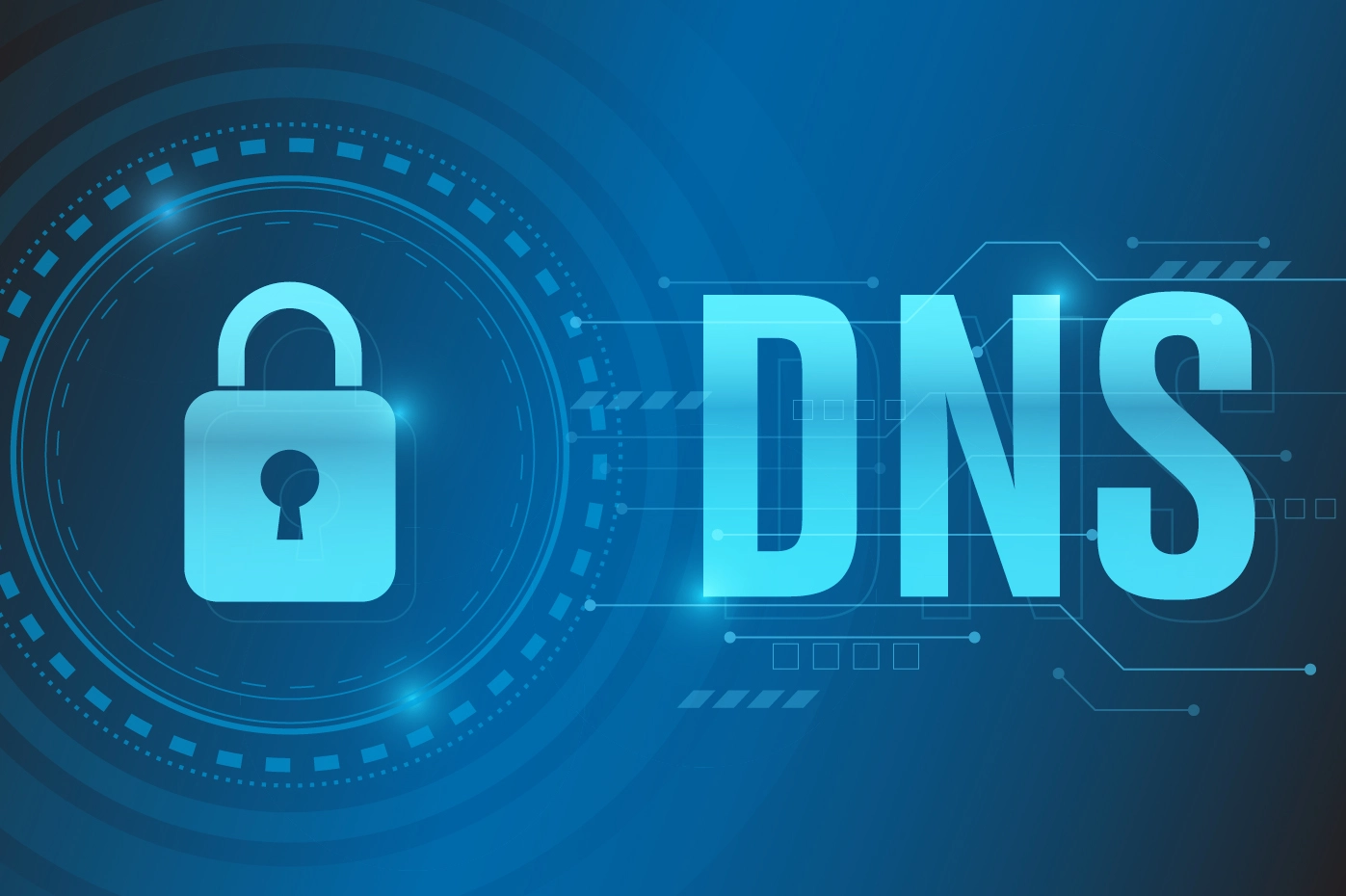
In the ever-evolving landscape of cybersecurity, a proactive approach is not just recommended but vital. One fundamental but often overlooked area that demands attention is the securing of your company’s Domain Name System (DNS) records. This article highlights the importance of auditing DNS records, conducting recon to identify potential vulnerabilities from an outsider’s perspective, and the role these measures play in protecting your organization from threats.
Understanding the Relevance of DNS Security
DNS records, essentially the internet’s phonebook, connect domain names to IP addresses. They are foundational to online operations, enabling users to reach websites and send emails. Despite their importance, these records often don’t receive the security scrutiny they deserve. Unsecured DNS records can expose your organization to a range of threats, including DNS spoofing and Distributed Denial of Service (DDoS) attacks.
The Critical Role of Auditing
An audit of your DNS records serves as a valuable initial step in establishing robust DNS security. This systematic examination checks for incorrect, outdated, or unnecessary records, reducing opportunities for cybercriminals to exploit your systems.
During an audit, you’ll check for stale resource records and incorrect DNS configurations, among other things. As an ongoing process, routine audits help to maintain an accurate and secure DNS environment, thereby reducing risk and safeguarding your organization’s reputation.
Adopting a Hacker’s Perspective: Recon
Recon, or reconnaissance, takes auditing a step further. It’s about understanding what outsiders, particularly those with malicious intent, can see and potentially exploit. By adopting a hacker’s perspective, you can identify weaknesses before they’re exploited, providing an opportunity to bolster defenses and mitigate potential breaches.
Common recon practices include DNS enumeration, which involves gathering information about a target’s DNS and network infrastructure, and DNS zone transfers, which can potentially expose a wealth of information about your organization’s network. These proactive steps can help secure your DNS records and protect against nefarious actors.
Security Through Vigilance
In essence, securing your DNS records should be a non-negotiable element of your overall cybersecurity strategy. While threats are ever-present and evolving, diligent auditing and vigilant recon work can go a long way in protecting your organization. Adopting these practices can help ensure the integrity of your DNS records, prevent unauthorized access, and uphold the overall security of your organization.
It is the responsibility of all businesses to ensure the security of their online operations. It starts with acknowledging the potential threats, actively seeking them out, and promptly addressing any vulnerabilities. The need for securing DNS records cannot be overstated in today’s cyber-risk heavy environment.
In an era where data breaches can cause substantial financial and reputational damage, the time to act is now. Secure your DNS records, maintain vigilance, and let’s create a safer digital world together.
Free Tools
Here’s a free tool to help you analyze your domain.
DNS Dumpster: https://dnsdumpster.com/
DNS Scanning Used To Find Public Servers With Log4j Vulnerability
Take a look at ID: T1595 on MITRE ATT&CK: https://attack.mitre.org/groups/G0143/